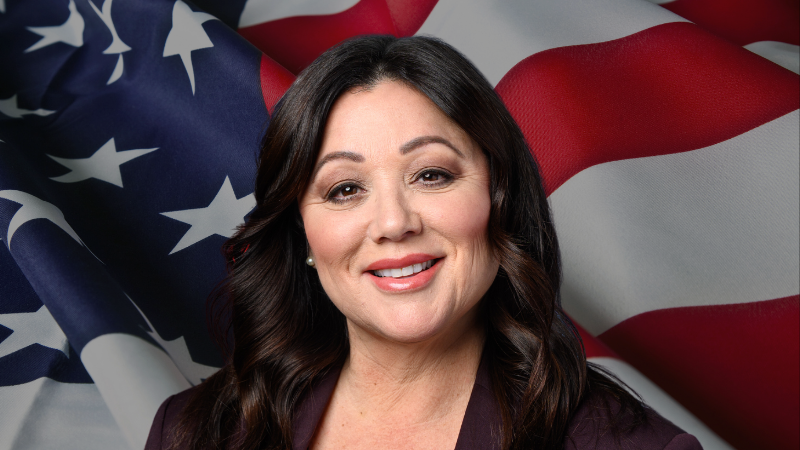Lori Chavez-DeRemer | Lori Chavez-DeRemer Official Website
Lori Chavez-DeRemer | Lori Chavez-DeRemer Official Website
WASHINGTON, D.C. – On May 9, 2023, Rep. Lori Chavez-DeRemer (OR-05) joined Reps. Rick Larsen (WA-02), David Valadao (CA-22), and a bipartisan group of her colleagues in urging U.S. Trade Representative (USTR) Katherine Tai and the U.S. Department of Agriculture (USDA) to work with their Japanese counterparts to ensure equal market access for U.S. farmers by eliminating Japan’s damaging frozen blueberry tariffs.
“We urge you to pursue a technical amendment to the U.S.-Japan Trade Agreement to ensure U.S. frozen blueberries receive the same duty-free market access in Japan as fresh or dried blueberries, as well as other frozen berries,” the lawmakers wrote. “Doing so will allow U.S. farmers to compete on level terms with other blueberry exporting countries and would help save and revitalize market opportunities for U.S. berry farmers.”
The 2019 U.S.-Japan Phase One trade deal failed to account for a key bilateral trade flow fully. While the deal eliminated tariffs on fresh and dried blueberries, U.S. frozen blueberries continue to face six percent or 9.6 percent tariff rates in Japan, depending on sugar content. Japan lifted tariffs on frozen blackberries, raspberries, and strawberries, leaving frozen blueberries as an outlier in terms of market access. The U.S. share of the Japanese frozen blueberry import market has declined year-over-year following the Comprehensive and Progressive Trans-Pacific Partnership (CPTPP) from 21 percent in 2018 to 15 percent in 2022.
In their bipartisan and bicameral letter, Chavez-DeRemer and her colleagues outline how the tariffs have harmed U.S. blueberry exports relative to leading competitors like Canada and the European Union (EU), who are able to engage in tariff-free blueberry trade. Frozen blueberry exports from the U.S. to Japan have declined relative to these countries.
Full text of the letter is available here.
Chavez-DeRemer also recently pressed USDA Secretary Tom Vilsack on providing support for Oregon specialty crop farmers, including crop insurance coverage. More information about this hearing is available here.
Original source can be found here.


 Alerts Sign-up
Alerts Sign-up